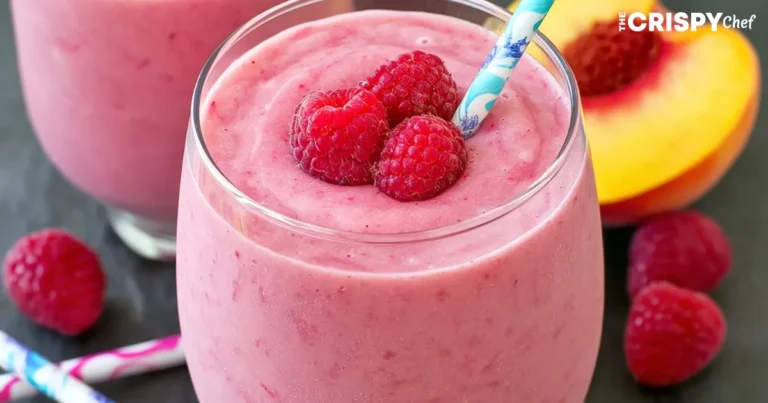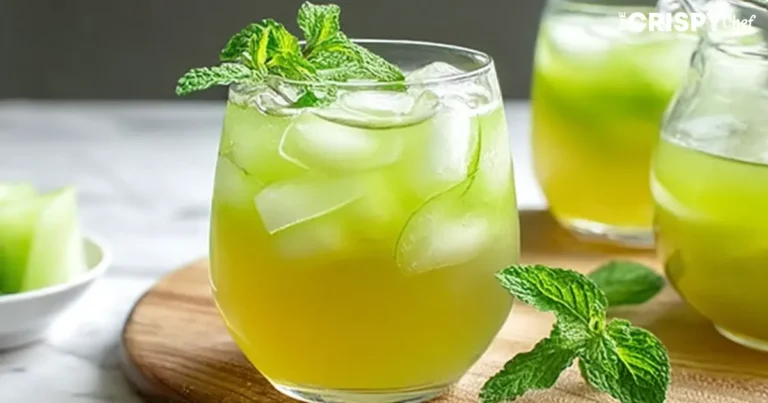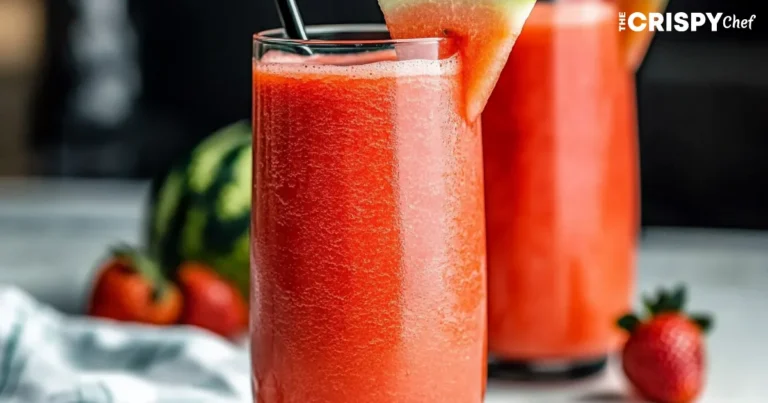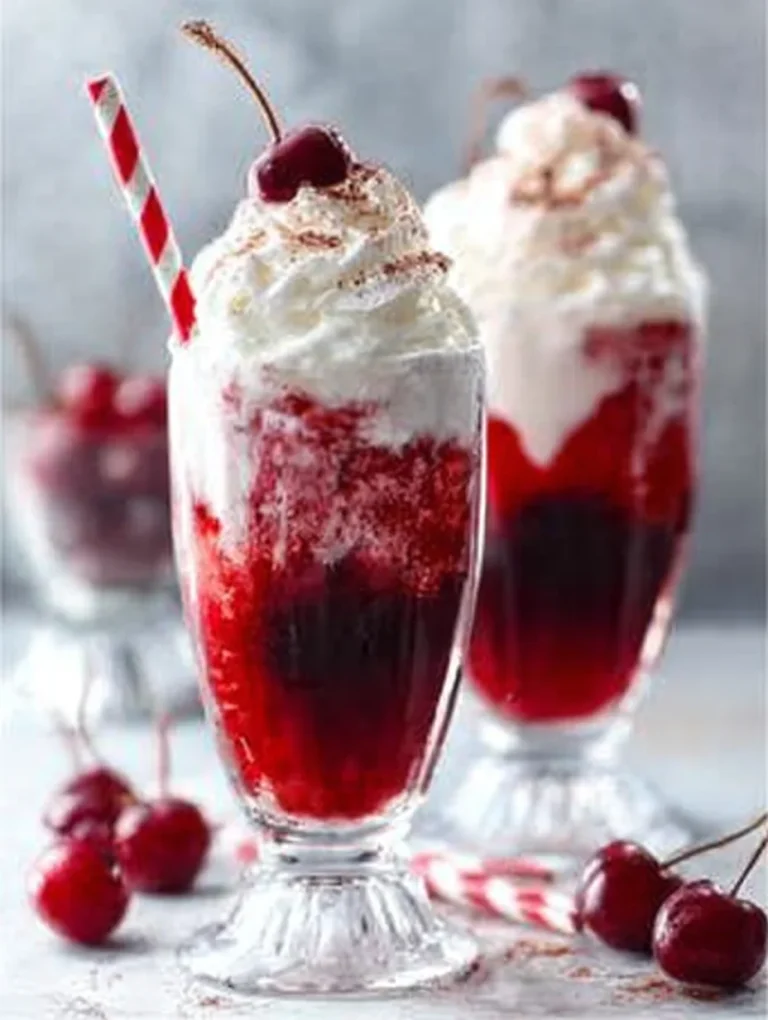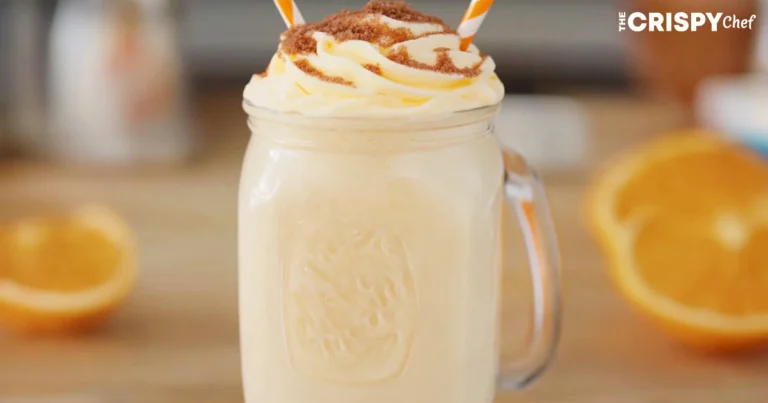Casablanca, Morocco – In the bustling souks and serene riads of Morocco, the art of blending teas is a cherished tradition, a daily ritual that speaks to both hospitality and well-being. From the fragrant mint tea that greets every guest to complex herbal infusions, Moroccans understand how to transform potent botanicals into delightful elixirs. This expertise in balancing strong flavors becomes particularly valuable when exploring ingredients like berberine, a powerful plant-based compound gaining global recognition for its health benefits.
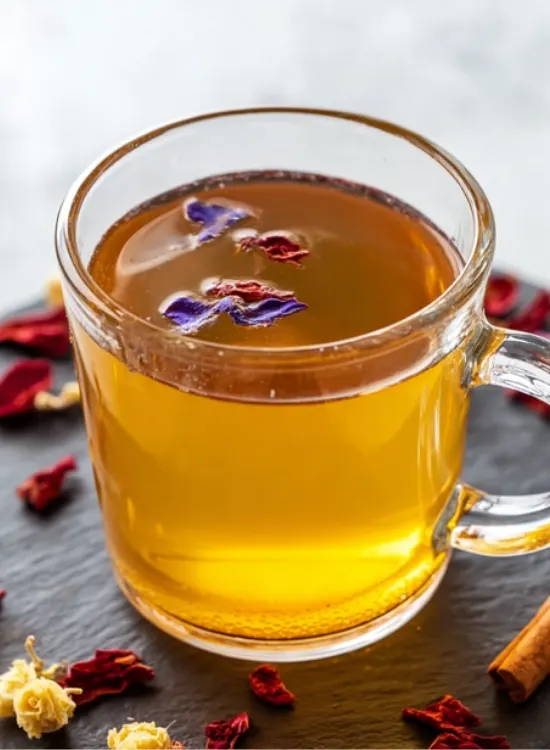
Berberine, found in plants such as barberry (often seen dried in Moroccan spice stalls), goldenseal, and Oregon grape, has a long and storied history in traditional medicine systems worldwide. However, its unadulterated taste is notoriously bitter. While many choose berberine in capsule form, preparing it as a tea offers a warming, aromatic alternative, especially when infused with the vibrant spices and zesty notes beloved in Moroccan cuisine.
Important Safety Warning: Consult Your Healthcare Provider
Before embarking on your berberine tea journey, it is paramount to understand that berberine is a potent compound with significant effects on the body. It can interact with medications and may not be suitable for everyone.
Always consult a healthcare provider before taking berberine, especially if you are:
- Taking medications for diabetes, high blood pressure, or cholesterol. Berberine can powerfully lower blood sugar and blood pressure, potentially causing dangerous interactions with your prescribed medications.
- Pregnant or breastfeeding.
- Have any pre-existing medical conditions.
Berberine is not a substitute for prescribed medication. Your doctor can help you determine if berberine is appropriate for your individual health needs.
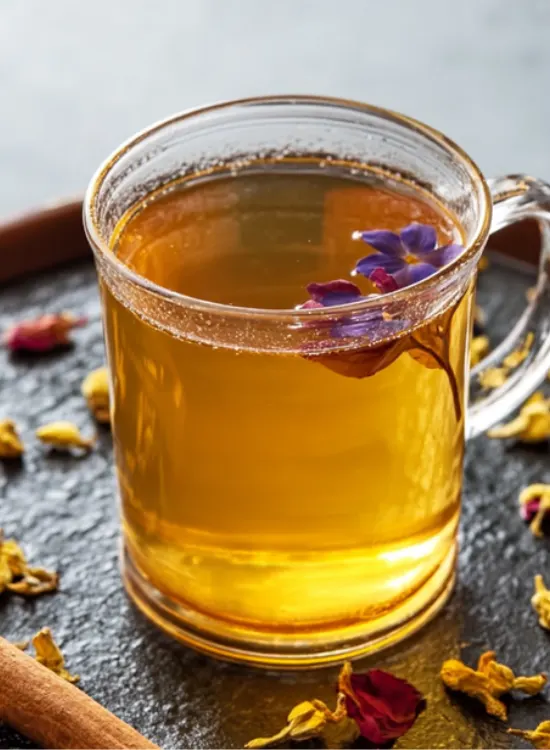
Berberine Tea: Infusing Tradition with Wellness
Inspired by Moroccan traditions of balancing strong flavors, this berberine tea recipe aims to transform the compound’s inherent bitterness into a surprisingly palatable and invigorating brew. The key lies in layering warm, aromatic spices and natural sweetness that dance on the palate, much like a well-crafted Moroccan tagine.
Ingredients
- 1/2 to 1 teaspoon of high-quality berberine powder. Start with a smaller dose to assess your body’s response.
- 1 cup of hot water (just below boiling).
- 1 stick of Moroccan cinnamon (or a regular cinnamon stick). The local cinnamon offers a beautiful, intense sweetness.
- 2-3 thin slices of fresh ginger.
- 1-2 tablespoons of freshly squeezed lemon juice. Lemon is a crucial bitterness-balancer.
- 1-2 teaspoons of pure Moroccan honey or a few drops of liquid stevia. Honey is the traditional sweetener of choice here in Casablanca.
- Optional (for an extra Moroccan touch): A pinch of saffron threads, 2-3 green cardamom pods (lightly crushed), or a small star anise.
- Garnish: A fresh mint sprig (like those used in atay – Moroccan mint tea) or a thin orange slice.
The Step-by-Step Guide to a Harmonious Brew
- Prepare Your Spices & Botanicals: In a heat-proof mug or a small Moroccan teapot (Berrad), place the ginger slices and cinnamon stick. If using optional saffron, cardamom, or star anise, add them now.
- Add the Berberine: Carefully measure and add your berberine powder to the mug or teapot.
- Infuse with Hot Water: Pour the hot water over the spices and berberine powder. Stir well with a spoon to help dissolve the berberine. Allow the tea to steep for 5-7 minutes. The longer it steeps, the more robust the flavors (and bitterness) will become, so adjust to your preference.
- Strain for Clarity: If using a teapot with a built-in strainer, simply pour. Otherwise, strain the tea into a fresh mug to remove the spices and any undissolved powder.
- Sweeten & Brighten: Stir in the fresh lemon juice and your chosen sweetener (Moroccan honey or stevia). Taste and adjust the sweetness to your liking.
- Garnish & Serve: For a truly Moroccan presentation, garnish with a vibrant fresh mint sprig or a thin slice of orange. Serve warm and sip slowly, appreciating the intricate blend of flavors.
Why This Moroccan-Inspired Recipe Works
This recipe leverages traditional Moroccan flavor profiles to master berberine’s bitterness. The cinnamon and ginger provide a strong, warm, and spicy foundation that beautifully complements and masks the berberine. Fresh lemon juice, a staple in Moroccan cooking for its ability to brighten and cut through rich flavors, is essential here for its acidic tang that directly counteracts bitterness. Finally, Moroccan honey not only offers natural sweetness but also a depth of floral notes that create a more rounded and palatable experience. The optional additions of saffron, cardamom, or mint further elevate the tea, drawing on the rich aromatic tapestry of local culinary traditions.
FAQs: Your Berberine Tea Questions Answered
Can I prepare a larger batch of this tea?
Yes, you can scale up the recipe, but it’s often best to prepare it fresh for optimal flavor and to ensure the berberine is well-distributed. If making a larger batch, store the concentrated tea (before adding sweetener and lemon) in the refrigerator and reheat portions as needed, adding fresh lemon and honey to each serving.
What’s the best time of day to drink berberine tea?
Berberine is often recommended to be taken with meals, as this can help mitigate potential digestive side effects and may enhance its blood sugar-lowering effects by timing it with carbohydrate intake. Consult your doctor for personalized advice.
Are there any other Moroccan ingredients I could add?
For an adventurous palate, a tiny pinch of freshly ground cumin or a whisper of orange blossom water (added after steeping) could introduce intriguing layers of flavor, but proceed with caution to maintain balance.

Moroccan-Inspired Berberine Tea
Equipment
- mug or Moroccan teapot (Berrad)
- Strainer for clarity
- teaspoon for measuring berberine powder
- Kettle to heat water
Ingredients
- 1/2 to 1 teaspoon berberine powder (start small)
- 1 cup hot water (just below boiling)
- 1 stick Moroccan cinnamon (or regular cinnamon stick)
- 2-3 slices fresh ginger
- 1-2 tablespoons freshly squeezed lemon juice
- 1-2 teaspoons Moroccan honey or a few drops of liquid stevia
- optional pinch saffron threads, 2-3 green cardamom pods, or 1 star anise
- for garnish fresh mint sprig or thin orange slice
Instructions
- Place ginger slices and cinnamon stick in a mug or Moroccan teapot. Add optional saffron, cardamom, or star anise if using.
- Add berberine powder to the mug or teapot.
- Pour hot water over spices and berberine. Stir well and steep for 5–7 minutes, adjusting steep time to taste.
- Strain tea into a fresh mug to remove spices and undissolved powder.
- Stir in lemon juice and sweetener of choice. Adjust to taste.
- Garnish with fresh mint or orange slice. Serve warm and sip slowly.

